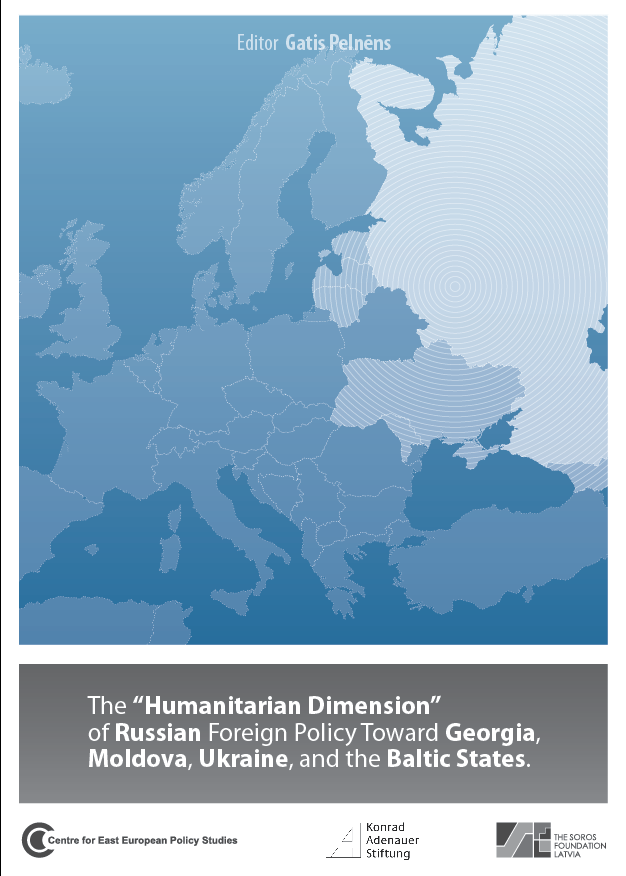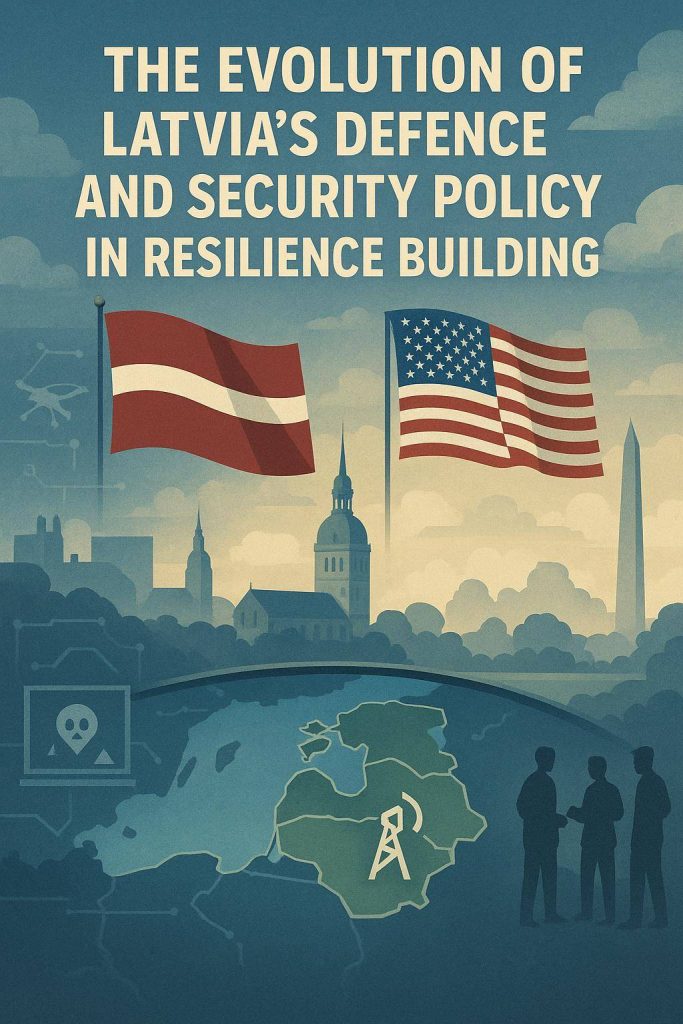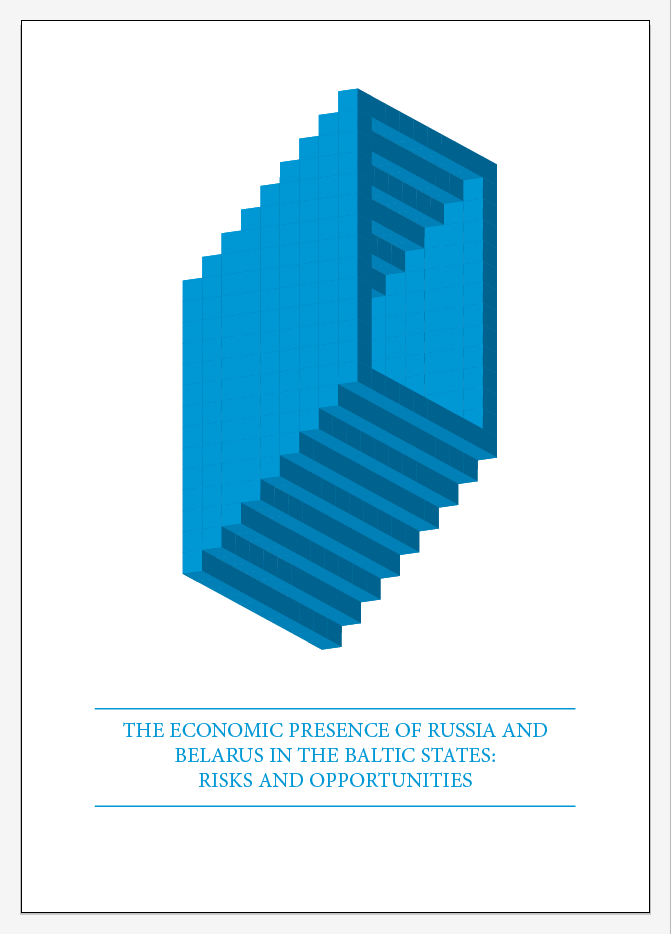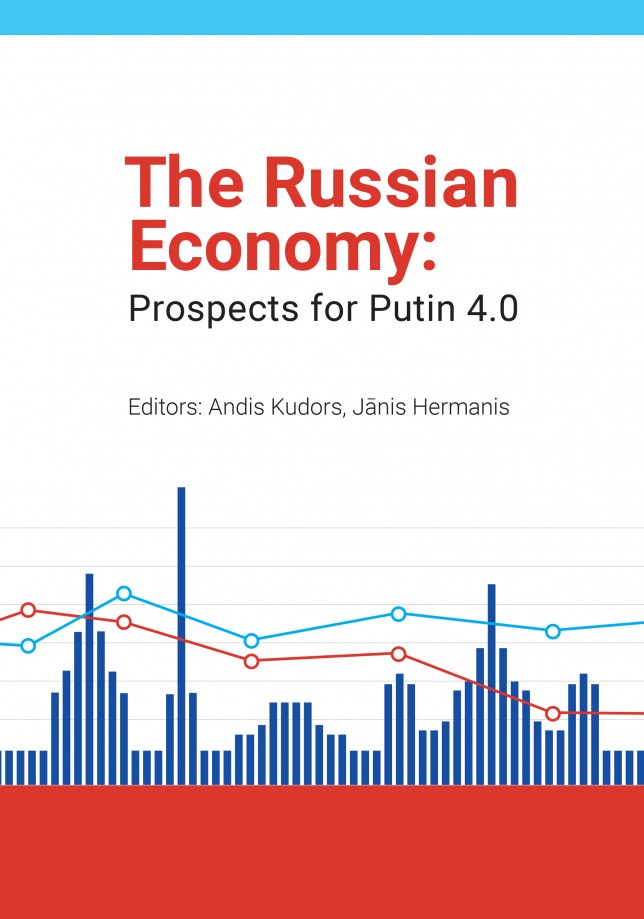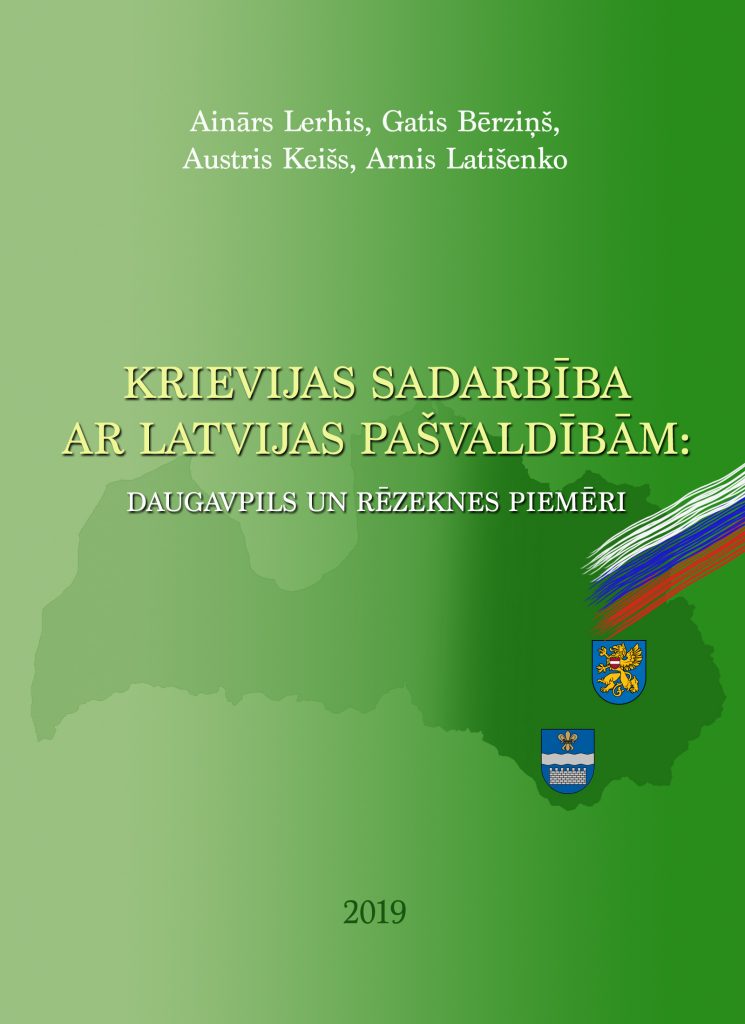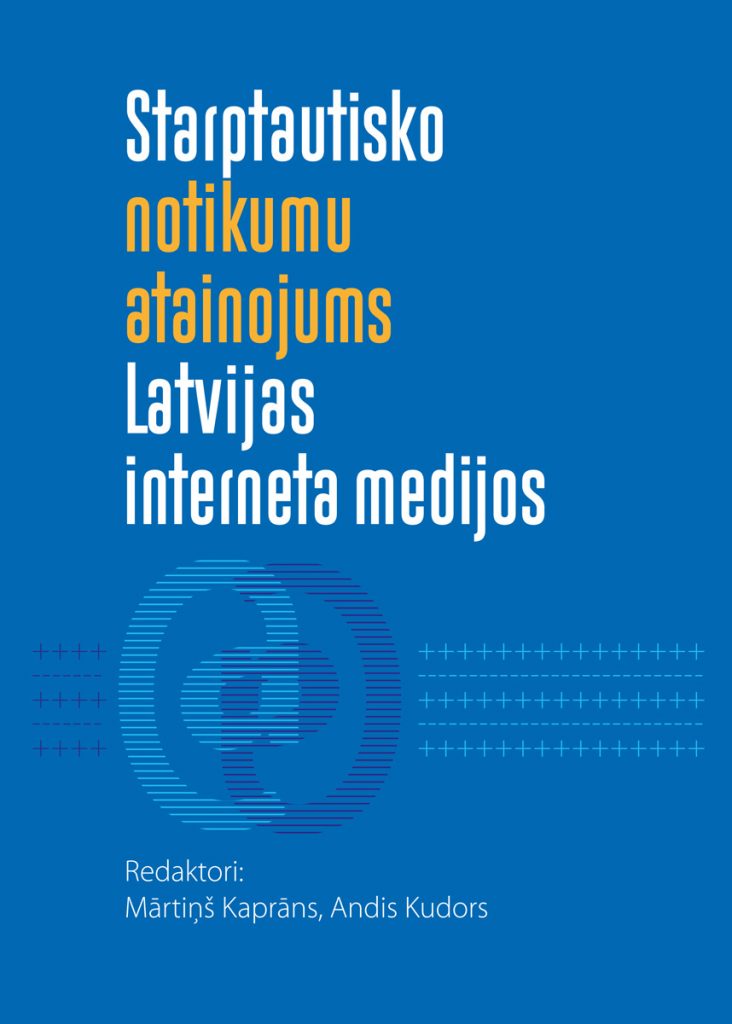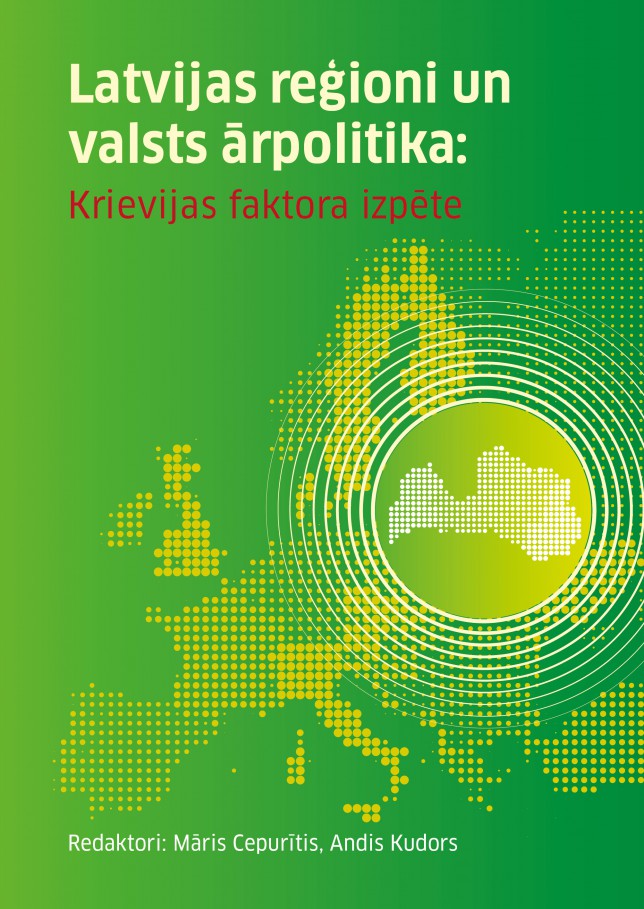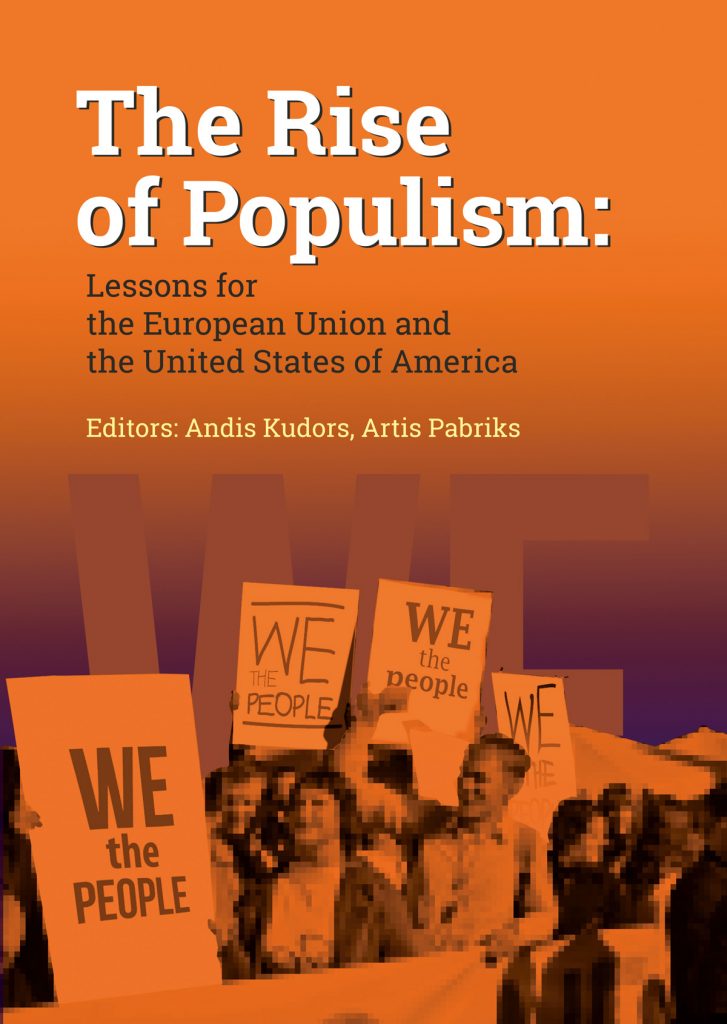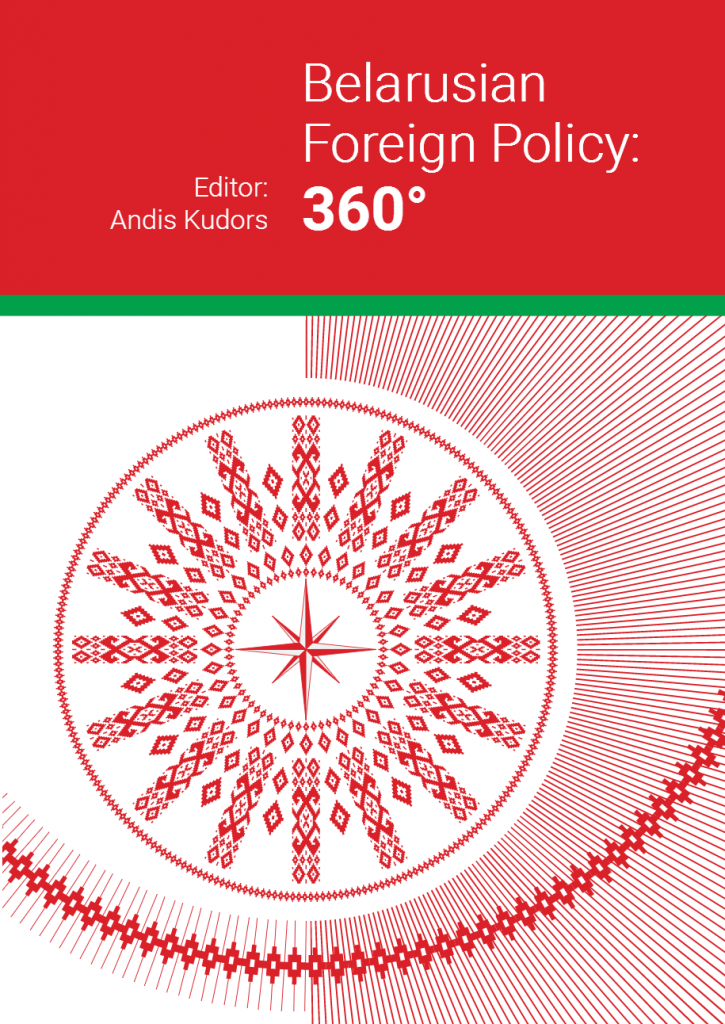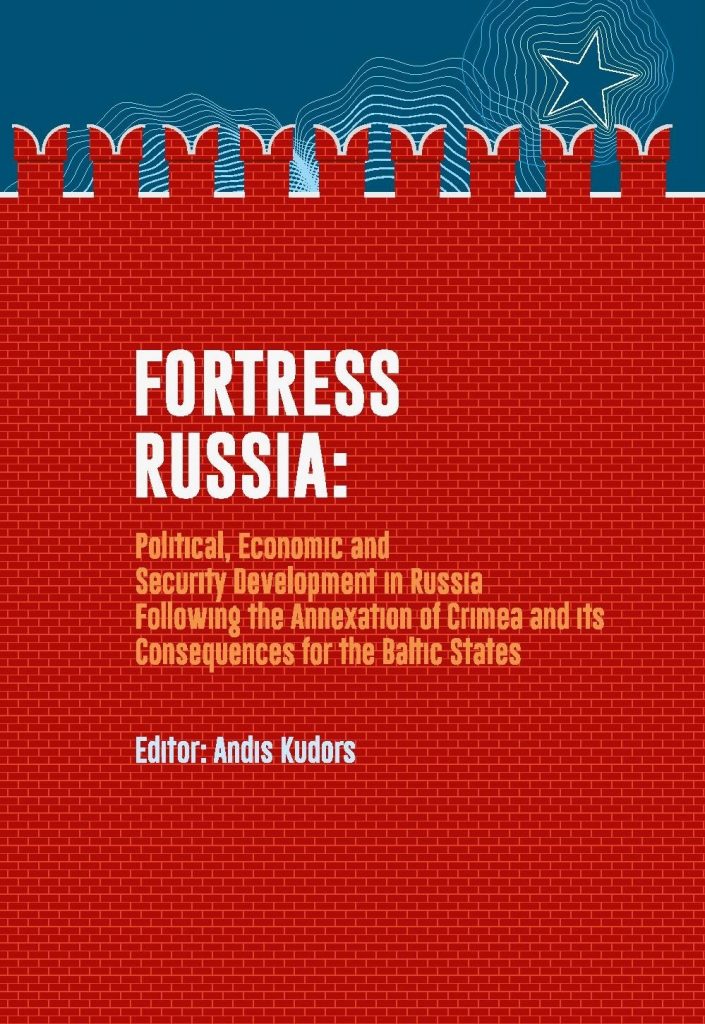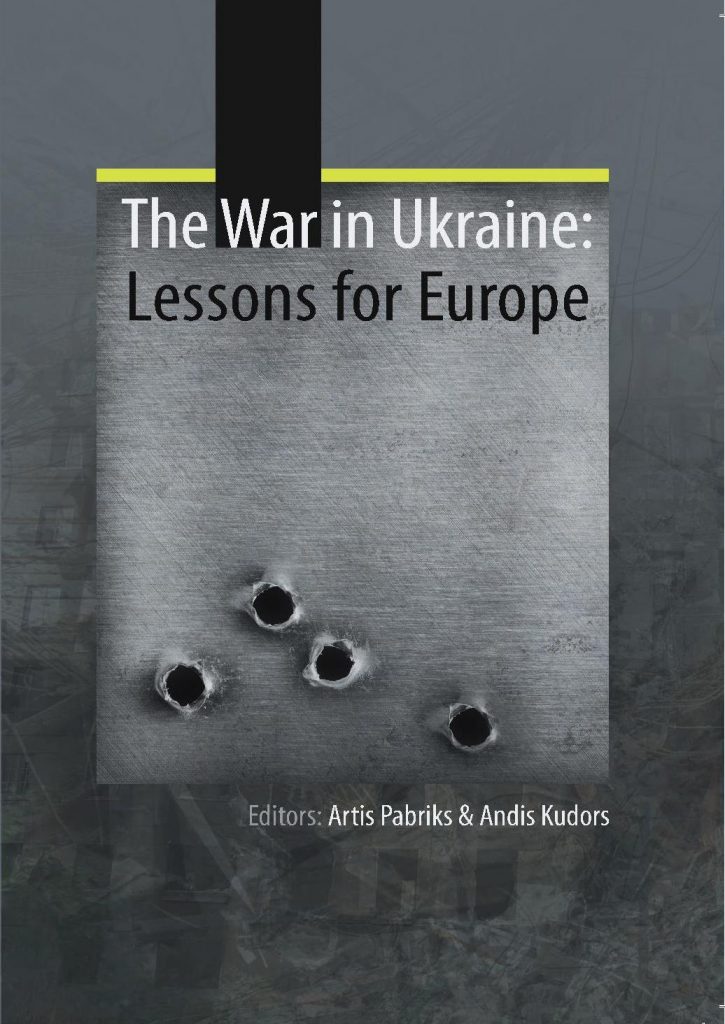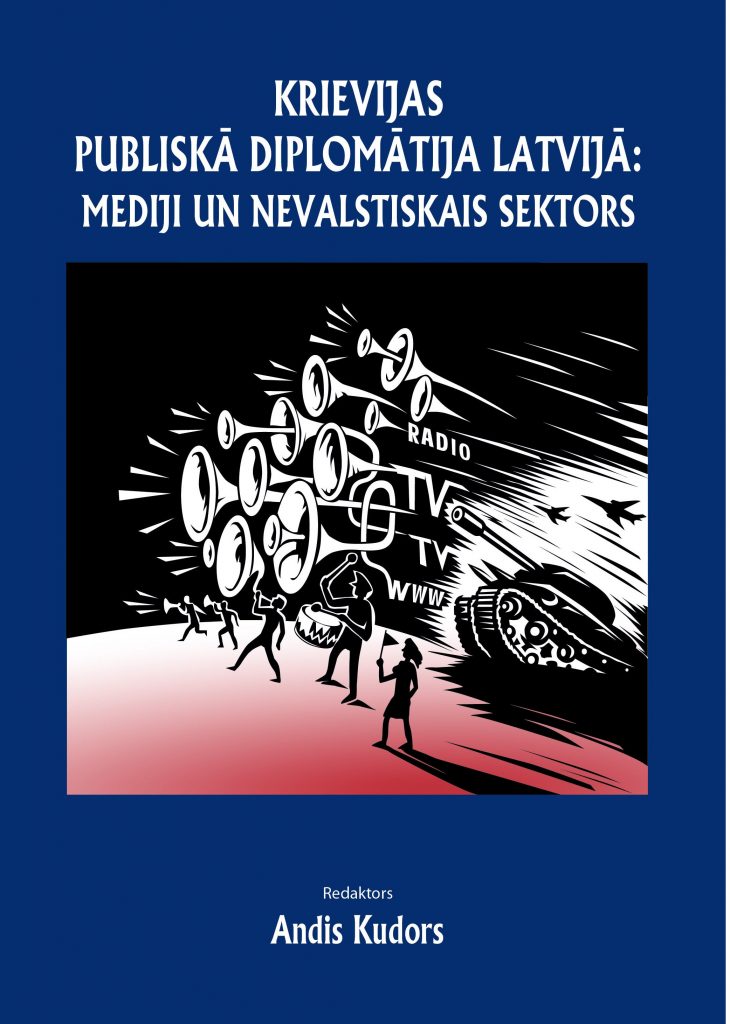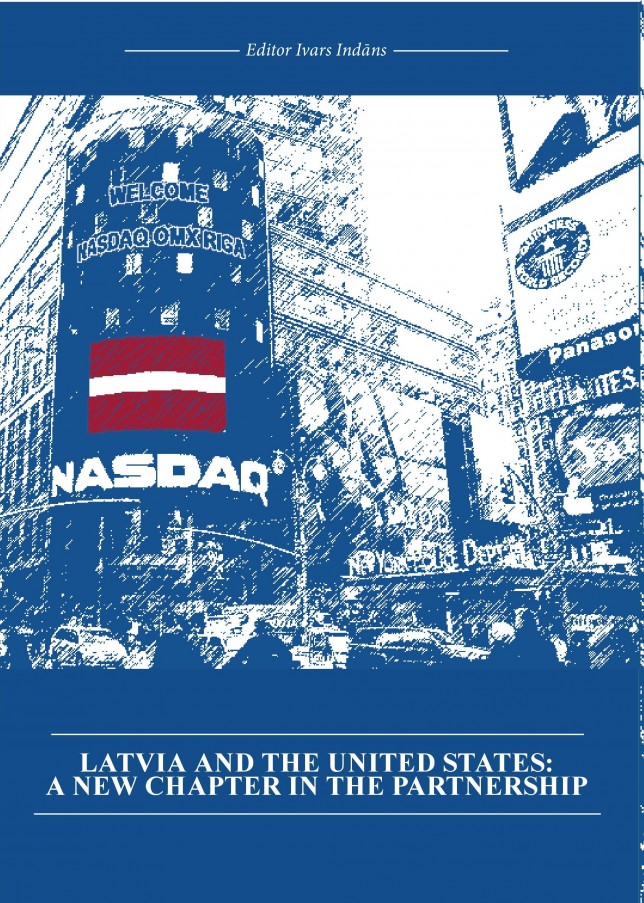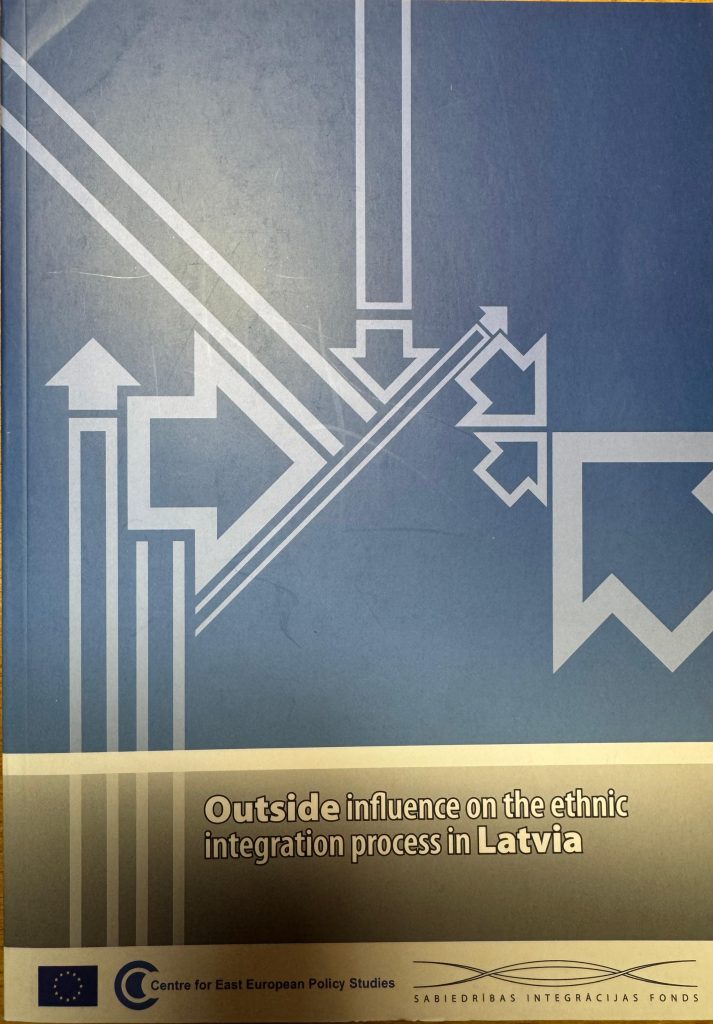Humanitarian Dimension of Russian Foreign Policy toward Georgia, Moldova, Ukraine and the Baltic States
The seven-months long researchers’ work has resulted in important conclusions summarized in five chapters of the research – Russia’s human rights practice, Russia’s policy towards compatriots residing abroad, Consular matters, Partnership in the cultural and scientific sectors and Russian media in the neighbouring countries.
Comparative analysis allows a better understanding of the tendencies in implementation of Russia’s foreign policy of the 21st century. Russia has not rejected yet its idea on the “near abroad” as the zone of its exclusive interests. The wish to regain its status of superpower stimulates Russia’s foreign policy decision makers to use both hard and soft power for influencing the political processes in the CIS and Baltic countries. Intensifying of Russia’s compatriots policy implementation is one of the instruments for influencing the neighbouring countries’ politics. Within the abovementioned policy, moral and legal arguments are searched in the favour of Russia’s more active behaviour in its relations with the CIS and Baltic states.
The research is a team work of Latvian, Lithuanian, Estonian, Georgian, Ukrainian and Moldovan research centres. It has been carried out by Centre for East European Policy Studies (Latvia), Centre for Geopolitical Studies (Lithuania), School for Policy Analysis at the National University of Kyiv-Mohyla Academy (Ukraine), Foreign Policy Association of Moldova (Moldova), International Centre for Defence Studies (Estonia), International Center for Geopolitical Studies (Georgia).
